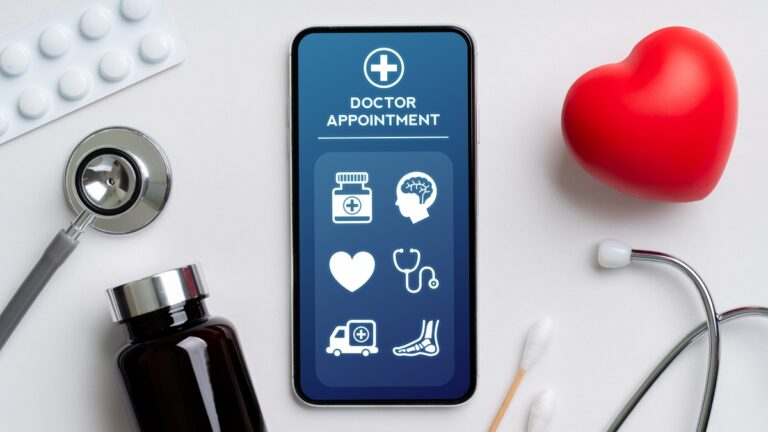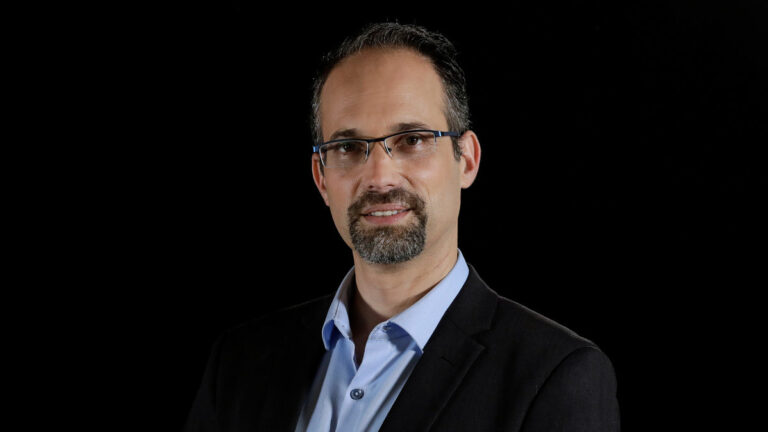What are the main challenges facing health systems in Africa? What gaps have been exposed by the COVID-19 pandemic?
The health system in Africa has been on a build-up over many years. The fulfilment of the third goal included in the Sustainable Development Goals (SDGs) – universal health coverage promoting affordable, accessible, and quality healthcare services – is the desire of almost the entire continent. In this mission, both state and non-state stakeholders are engaged as there are different reimbursement systems across Africa. When the COVID-19 pandemic broke out, it was clear that weakness that existed for a long time in African countries must be addressed quickly in order to fight with the crisis.
There are two main groups of challenges: geographical and financial. The first is related to distance, human resources, infrastructure and quality of services. While some capital cities have well-equipped healthcare facilities, a large majority of the population has reduced access to care services.
Another barrier is the healthcare budget. In the high-income countries of Europe, health expenditures per capita amount to 4000-5000 USD. In the USA, it’s around 10000 USD, while in African countries, it doesn’t exceed 100-200 USD per capita. Sometimes it’s even less.
Many countries have recently established ICT departments in the ministries of health
Another issue is the vast disproportion between those who can afford access to private healthcare and those with no access to medical services. Many citizens have dramatically experienced this issue during the COVID-19 pandemic.
On top of that, we have to consider supply constraints. Africa is almost entirely dependent on the import of pharmaceutical and medical equipment. It was challenging to compete on a global scale during the crisis to buy the most needed devices and medicines. For example, we don’t have a single COVID-19 vaccine manufacturer in Africa and rely on partners like India, China, Russia, Europe, and the US.
Which of the challenges you mentioned can be addressed by digital health solutions?
The most obvious challenges are those related to the distribution of health services. Digital health takes healthcare closer to the people. And this is the key benefit – with the support of technology, we can quickly reach more people from underserved groups.
Whether we use telemedicine, e-pharmacy, or telemonitoring of patients, the geographical barrier disappears. Digitalization enables us to replace the “one-to-one” care model with the “one-to-many” model, which is a remedy for lack of infrastructure, shortages of healthcare professionals, and transportation costs. Besides, it offers many more advantages like access to electronic health records, continuity and coordination of care.
Digital health – through the access to data – introduces a new approach to evidence-based policies so the decision-makers can follow the epidemiological situation and plan actions customized to the needs.
I would also say that digital health can impact financial barriers by making healthcare efficient whilst reducing costs. When the health services costs fall, they will become more affordable. It’s also about offering people self-managed flexible care plans adjusted to the local conditions and individual needs.
Does the existing technical infrastructure and legislation allow digital health solutions to be fully applied? Is there awareness of the benefits of using technology, both in health systems and at the policy level?
There has been a paradigm change in Africa recently. Many countries established ICT departments in the ministries of health which are the backbone of the digital strategies, including the investments in the necessary infrastructure. It has become a priority on the political agenda to set the pace for innovations.
However, access to the internet still remains an issue while mobile phone penetration is very high. As soon as we have more affordable broadband, digitalization will gain momentum.
In terms of policy, things are also moving forward. The regulatory frameworks have already been designed and fast-tracked in many countries. In Kenya, for example, the e-health act introduces the certification of telemedicine providers. The shortlisted companies not only enjoy the broader outreach but are also actively changing the digital health landscape by cooperating with insurance companies to include virtual consultations in care plans.
Although it’s the private sector that drives the digital rollout in Africa, it is now on top of the agenda of many governments to accelerate the adaptation of innovations. The policymakers realized their role to set up common standards for interoperability and data safety to ensure seamless data exchange, the interconnectivity of different solutions, and the privacy guidelines. Of course, the details of the policies differ from country to country.
How would you describe the attitude towards digital technologies? Do individuals and doctors trust emerging technologies?
We are at the stage where early adopters try new things and act as digital transformation leaders. However, in healthcare, this readiness to adopt innovations is lower than in other economic sectors. Some doctors are still reluctant to use keyboards.
But this is changing as more and more professionals recognize the power of technology. The advantage we have in Africa compared to other parts of the world is the average age of healthcare workers – up to ten years lower than in Europe. This helps us in reducing scepticism, expanding the group of technology enthusiasts and implementing novel technologies.
Why should international startups that are developing digital health solutions – like mobile health apps – be interested in entering the African market?
Africa is open for business, whereby the demand for better healthcare services is rising. This is a crucial driver for market growth. The other factor is new, trusted partnership opportunities between local entrepreneurship and international innovators that offer the right solutions addressing healthcare challenges at the right price. Business partnerships make it easier to understand the local market environment and scale the solution to cultural and regulatory specifics. I’m sure that Africa is the next big thing when it comes to digital health.




































